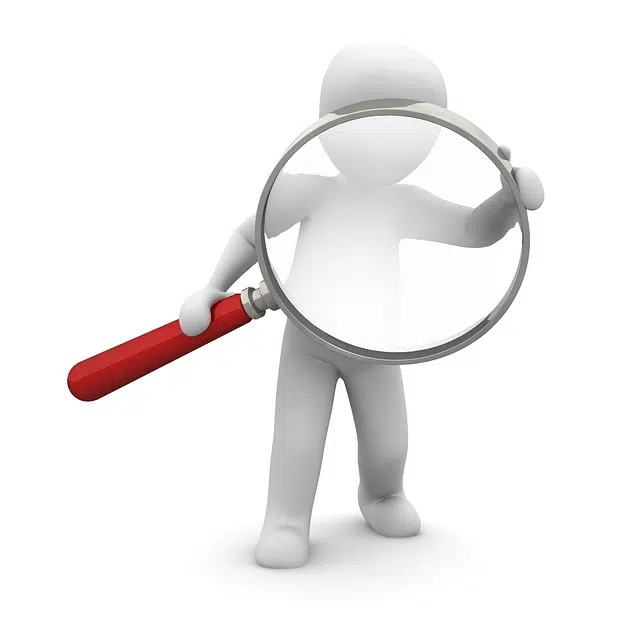
Observation is a technique that allows data collection.
The notion of gathering refers to the process and result of collecting (gathering, collecting or harvesting something). A data , for its part, an information that allows generating a certain knowledge.
This means that data collection is the activity that consists of collecting information within a certain context. After gathering this information, it will be time for data processing , which consists of working with what has been collected to turn it into useful knowledge.
Techniques for data collection
Within data collection, various techniques can be used: surveys , observation , sampling and interviews , among others, allow the task to be carried out. Depending on the type of data, the person will use different instruments (audio recorder, camera, etc.).
In the case of the interview, it is essential that the person who is going to carry it out, beforehand, proceeds to prepare it. And only then will you be able to choose the questions (open or closed) that you are going to ask as well as set the time you are going to invest, the place where you are going to develop them and even the "tools" that you can use to be able to get the greatest amount. possible information.
Types of interview
In addition to the above, we cannot ignore that data collection can be carried out through two different types of interviews :
-The structured ones. These have the advantages that they are easy to administer, they offer great simplicity in terms of their evaluation, they take a limited time to complete and they allow for much more objective results to be achieved.
-The non-structures. These others, for their part, have in their favor that the person who carries them out has more freedom to ask the questions as well as the possibility of being able to exploit other issues that arise spontaneously during the meeting.

Data collection may include sampling.
In the same way, another resource that can be used to undertake data collection is the questionnaire, which can be closed or open. The difference between the two is that the first allows the person who is going to answer it to only give very specific answers, while in the other the results can be much more varied and broad.
Suppose a journalist is conducting an investigation about a government official who may have participated in an act of corruption. To carry out his journalistic work, he begins collecting data by interviewing other officials, opposition politicians, police and judicial authorities. He also accesses documents that allow him to prove the fact. Once all the data is collected, it is processed and presented in the form of a journal article.
Data collection and science
Scientists also develop data collection. An anthropologist can visit an indigenous town to observe their customs, talk with the residents and take photographs . The data collected can then be fed into academic research.
Data collection is very important since it allows us to support the knowledge that will be generated later. In any case, collection alone does not guarantee the quality of the knowledge produced.
